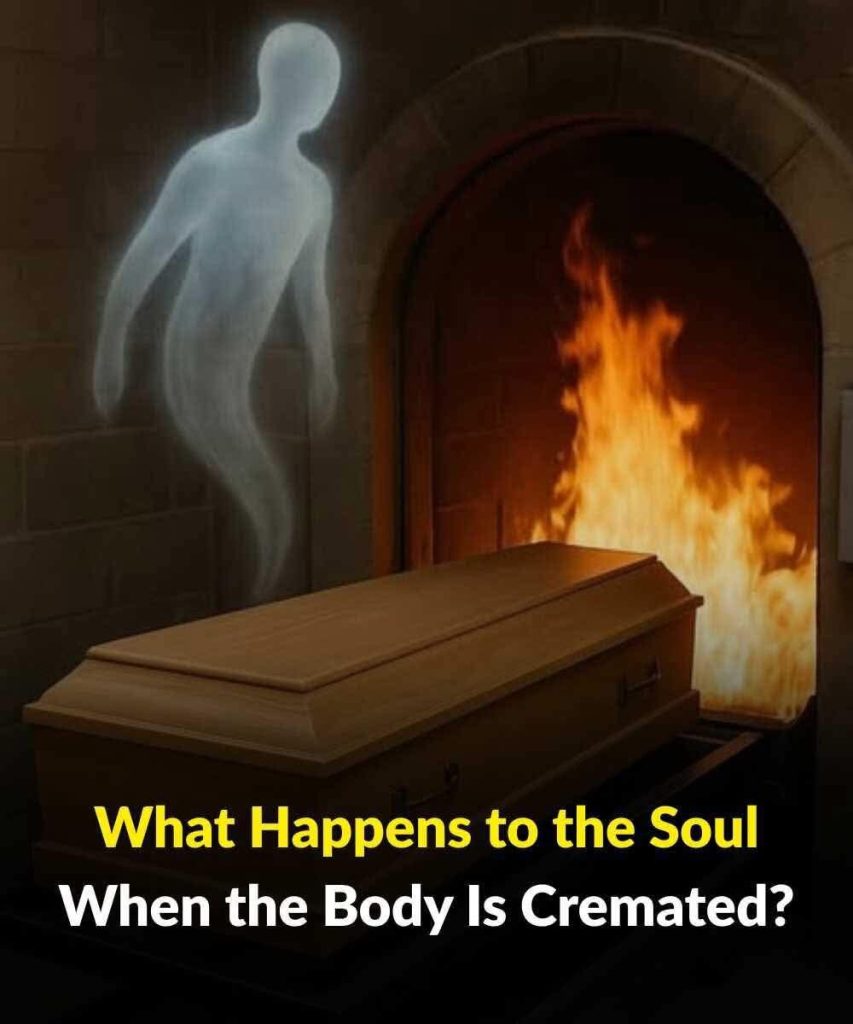
The loss of a loved one often leads us to reflect on life’s deeper questions—perhaps none more profound than: What happens to the soul when the body is cremated? While cremation is a clear physical process, the fate of the soul is far more mysterious and interpreted differently across religions, cultures, and personal philosophies.
1. Hinduism and Buddhism: Embracing the Eternal Cycle
In Hinduism, cremation is the customary practice for honoring the dead. The soul, or atman, is considered eternal—it merely leaves the body at death to continue its journey through samsara, the cycle of rebirth. Fire, seen as a sacred and purifying force, helps release the soul from its earthly ties, allowing it to move forward toward eventual liberation (moksha).
Buddhism shares similar customs, though it differs in beliefs about the soul. Instead of a permanent self, Buddhism teaches the continuation of consciousness through rebirth. Cremation reflects the Buddhist acceptance of impermanence and symbolizes the transformation into a new existence.
2. Christianity: A Spiritual Resurrection
Christian attitudes toward cremation have shifted over time. Historically, many Christians—particularly Catholics—favored burial, influenced by beliefs in the bodily resurrection. Today, most Christian denominations accept cremation, provided it’s not chosen as a rejection of resurrection or the afterlife.
Christianity holds that the soul is judged by God and destined for heaven, hell, or, in Catholicism, purgatory. The fate of the soul is viewed as separate from the body’s condition. Whether buried or cremated, it is faith and one’s relationship with God that ultimately matter.
3. Islam: Honoring the Body and the Soul
In Islam, cremation is strictly forbidden. Muslims believe that the body should be buried promptly, with dignity and simplicity. The soul departs the body at death but remains connected to it until the Day of Judgment.
This connection is why burial—rather than cremation—is considered essential. It reflects the Islamic emphasis on honoring the human body, even in death, as a creation of God deserving of care and respect.
4. Spiritual and Secular Views: Personal Paths
Outside of organized religion, many people adopt spiritual or secular perspectives on death. For some, cremation represents a return to the elements—a way of becoming one with nature or the universe. Others believe the soul lives on in a different realm, in energy, or through the memories left behind.
From a scientific or humanist perspective, consciousness may be seen as ending at death. In such cases, cremation is a personal or environmental choice, not a spiritual one.
Conclusion: A Journey Shaped by Belief
What happens to the soul after cremation remains a question without a universal answer. It’s shaped by individual belief systems, traditions, and values. For some, cremation is a release; for others, a transition—or simply a return to nature.
Regardless of your worldview, contemplating the soul’s journey can bring comfort and meaning in times of loss. It reminds us that death, like life, carries layers of mystery, belief, and personal significance.

